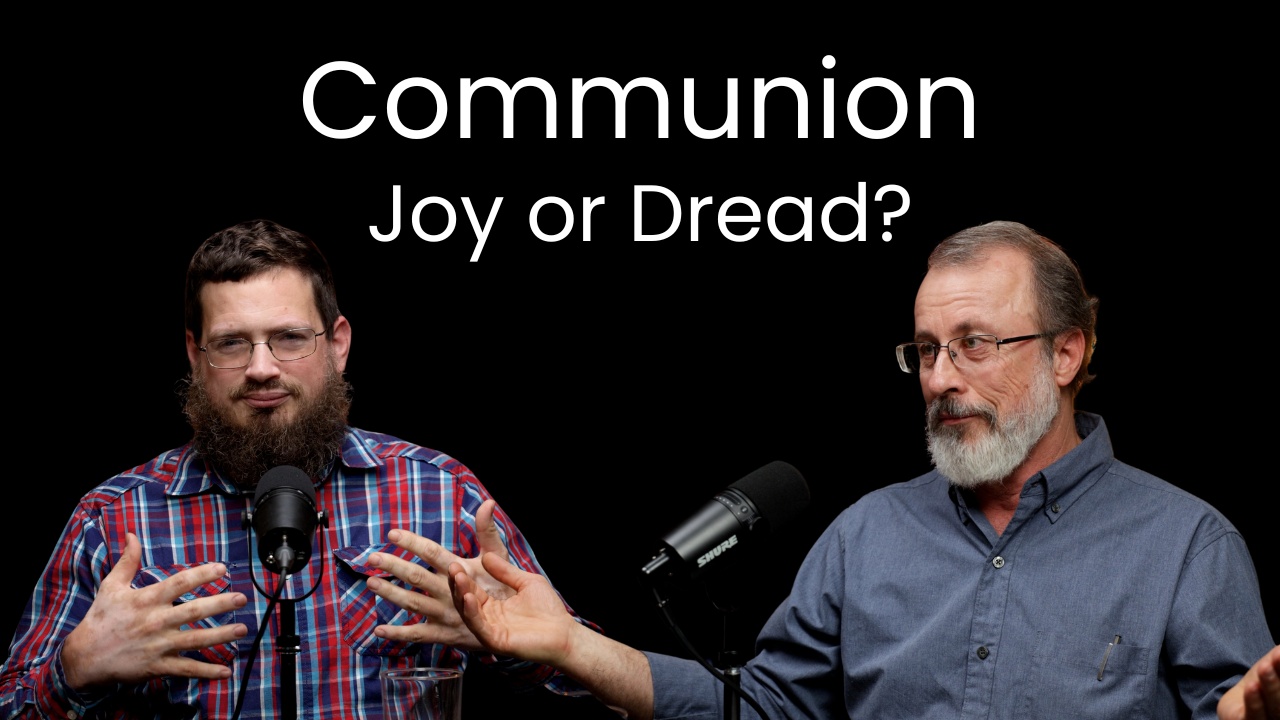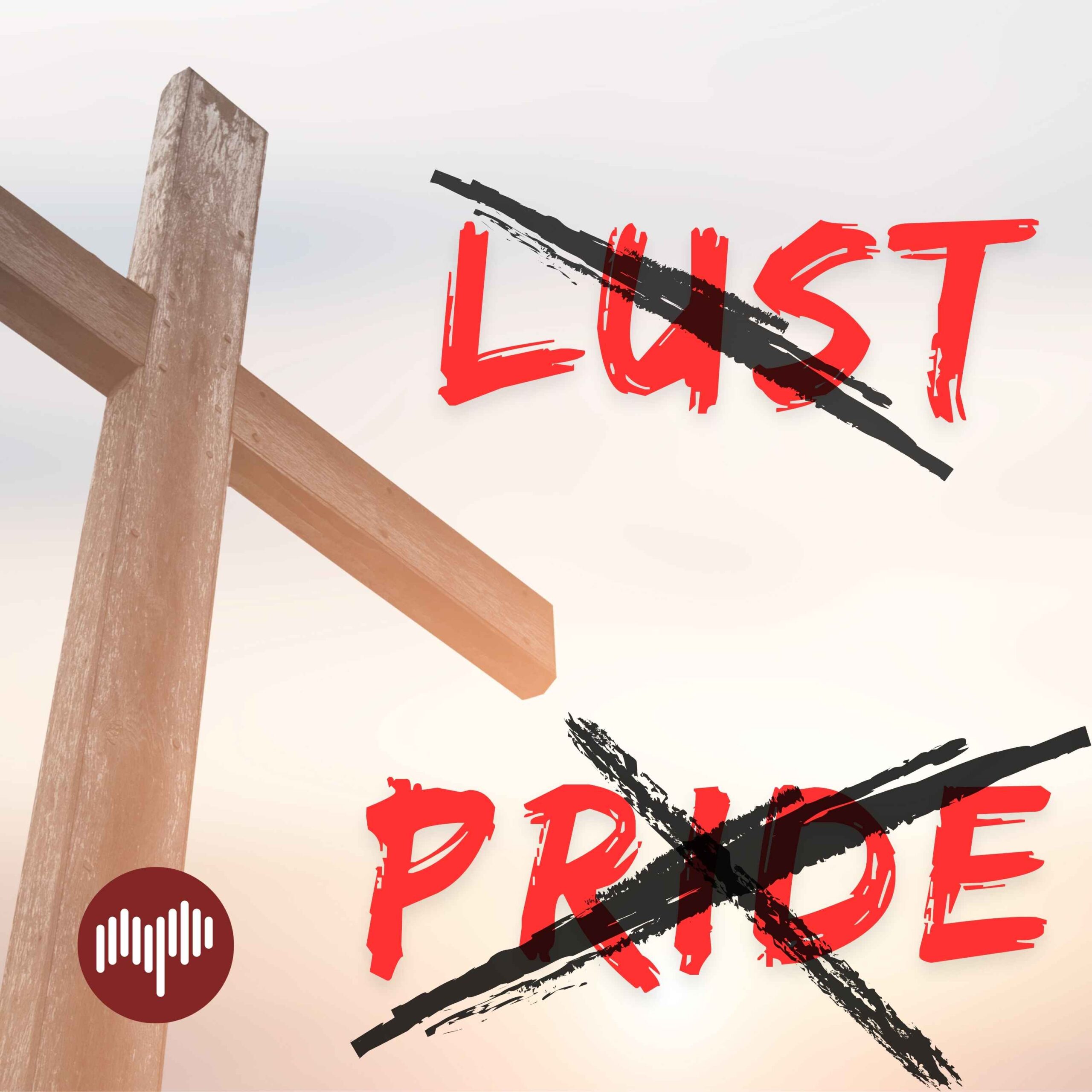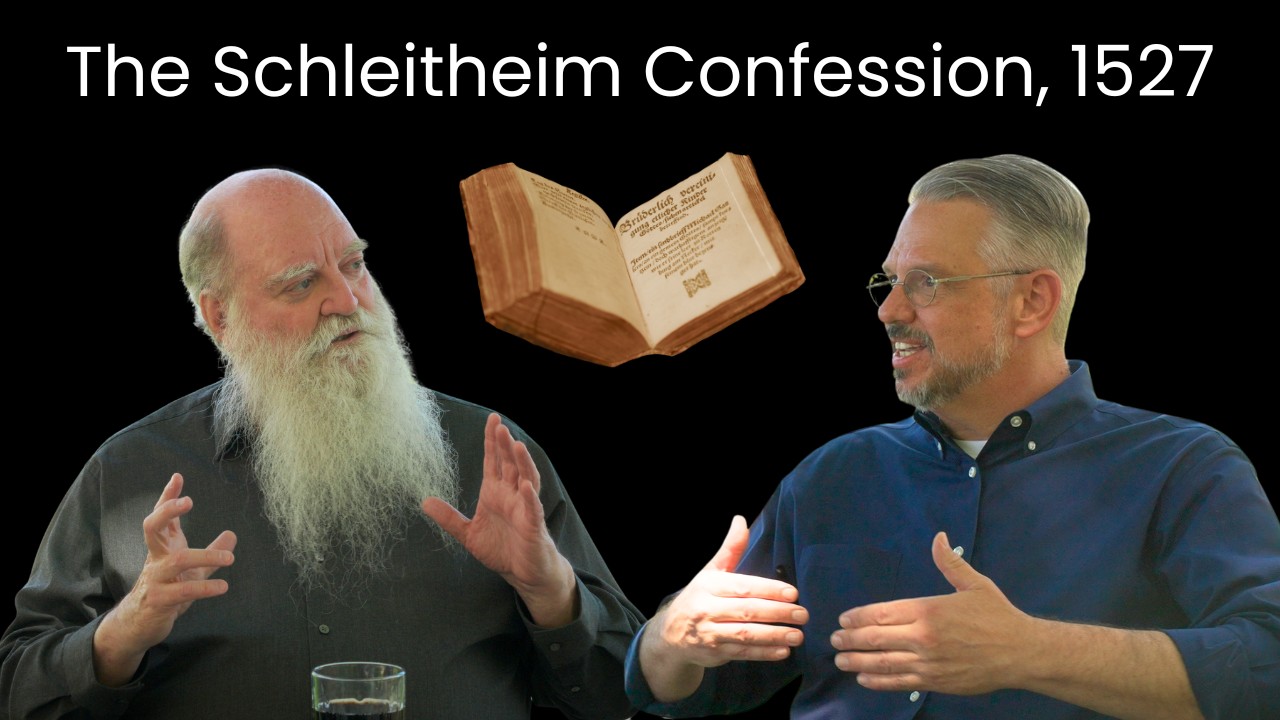The Expression of Music
Music is an expression of the heart. Listen to the heart in the following scenes:
A little girl, sitting on the hearth, happily singing, “With Daddy in the family, happy, happy home.”
A youth group, circled in front of the church, joyfully singing, “Come, come ye saints, no toil nor labor fear, but with joy wend your way.”
A 60-voice men’s chorus, admonishing each other in song, ringing out in powerful tones, “Rise up O men of God, the church for you doth wait.”
A small congregation, gathered for communion, earnestly singing, “See from His head, His hands, His feet, sorrow and love flow mingled down.”
A tearful mother, standing by a tiny grave, softly singing, “Safe in the arms of Jesus, safe on His gentle breast.”
We make music to express something we feel deeply about. In writing the lyrics, composing the music, or singing the song, we are communicating the depths of our heart.
Music expressed
We use music to express ourselves in various ways.
1. Worship
God intended music for worship. In Job 38:7, God proclaimed that “the morning stars sang together, and all the sons of God shouted for joy” when He laid the foundations of the earth. In Exodus 15, Moses and the children of Israel sang a song of praise to God after their deliverance at the Red Sea. A 288-voice temple choir performed morning and evening during King Solomon’s peaceful reign. Jesus and His disciples sang a hymn at His last Passover supper. In Revelation 5, a holy symphony surrounds the throne of God.
God has designed mankind to worship through music. Nearly every religion today includes some type of music as a part of the worship.
2. Testify
People write, compose, and sing songs about what’s happening to them. Their personal journey—joy or sorrow, hope or despair—is reflected in the music that springs from their heart. And since no one’s journey is unique, others with similar experiences embrace the song as well.
3. Teach
Music has a powerful influence. The ideas, passions, and goals of a composer are effectively taught through his song. With his music, he can skillfully affect his audience to embrace his lyrics. Cultures have been upset and remade by the language and rhythm of their popular music. Colossians 3:16 emphasizes the positive influence of music— “Let the word of Christ dwell in you richly in all wisdom; teaching and admonishing one another in psalms and hymns and spiritual songs, singing with grace in your hearts to the Lord.”
4. Remember
Songs are an excellent library for truth. Songs have been used to memorialize the heroes and great events of a culture. Some astute businessmen play simple songs in their stores to help their customers remember the benefits of shopping there. Songs have a way of making things stick, and well-written songs usually stick around awhile.
Through music, man expresses himself in worship, in testimony, in teaching, and in memorial.
Music – a moral issue
Can the expressions of our heart be right or wrong? Yes. Thus, as an expression of the heart, the music composed or sung by us can be right or wrong. Music is a moral issue. Jesus says, “A good man out of the good treasure of his heart bringeth forth good things: and an evil man out of the evil treasure bringeth forth evil things.” (Matthew 12:35)
If music is contrary to God and His character, it’s wrong music. If music supports God and His character, it’s right music. Sometimes it’s hard to discern which camp to put some music in, but we must try to discern. Two good questions to ask: “Would Jesus write or sing this song? Would He enjoy listening to it? We must judge music by God’s standard, not by our personal tastes or by what’s popular.
A Music Test
Rhythm, the pulse of music, is vital to the life of a song. An orderly rhythm supports the song and a little syncopation can add some spice. But if the song is carried by a heavily-syncopated rhythm that overpowers the melody, the song is no longer feeding our spirit. Instead, it begins to align itself with lust and rebellion.
Rock and roll music is an example of heavily-syncopated rhythm. If a concert turns its audience into screaming sensual bedlam, it’s hardly according to God’s character. We might say, “But I don’t go to those concerts.” Good! But if we play that kind of music through our earbud, we have a night club right in our ear. Again, we might say, “But my beat music has Christian lyrics.” Adding Christian lyrics to the same destructive rhythm is like sticking a bandage onto our chest to fix a heart attack.
A heavily-syncopated rhythm (though not the only test) is one mark of wrong music.
Spiritual music
As Christians, our music must be spiritual. Spiritual songs reflect the fruit of the Spirit: Love (not lust), Joy (not despair), Peace (not strife), Longsuffering (not impatience), Gentleness (not ugliness), Goodness (not evil), Faith (not unbelief), Meekness (not pride), Temperance (not out-of-control).
A spiritual song will lead our spirit in worship to God. It will uplift our soul with its artistic harmony in tone and poetry. And the orderly rhythm carries the tones and lyrics so they become a song—to sing and to remember.
Beautiful psalms, hymns, and spiritual songs lift our souls heavenward. They speak to us like a brilliant sunset or a mountain lake. Many times a song can preach a more effective sermon than any pulpit-pounding preacher. And songs are one of the most beautiful ways to pray.
When God’s order is followed, music becomes a glorious experience. We have been rescued from a horrible pit, and we sing the new song of praise to our Redeemer. And God responds to our song with a song of His own—“the Lord thy God in the midst of thee is mighty; he will save, he will rejoice over thee with joy…he will joy over thee with singing (Zephaniah 3:17).
Sing, my soul, His wondrous love, Who from yon bright throne above,
Ever watchful o’er our race, Still to man extends His grace.
God, the merciful and good, Bought us with the Saviour’s blood;
And, to make our safety sure, Guides us by His Spirit pure.
Sing, my soul, adore His name; Let His glory be thy theme;
Praise Him till He calls thee home, Trust his love for all to come.
-Public Domain








Leave a Reply